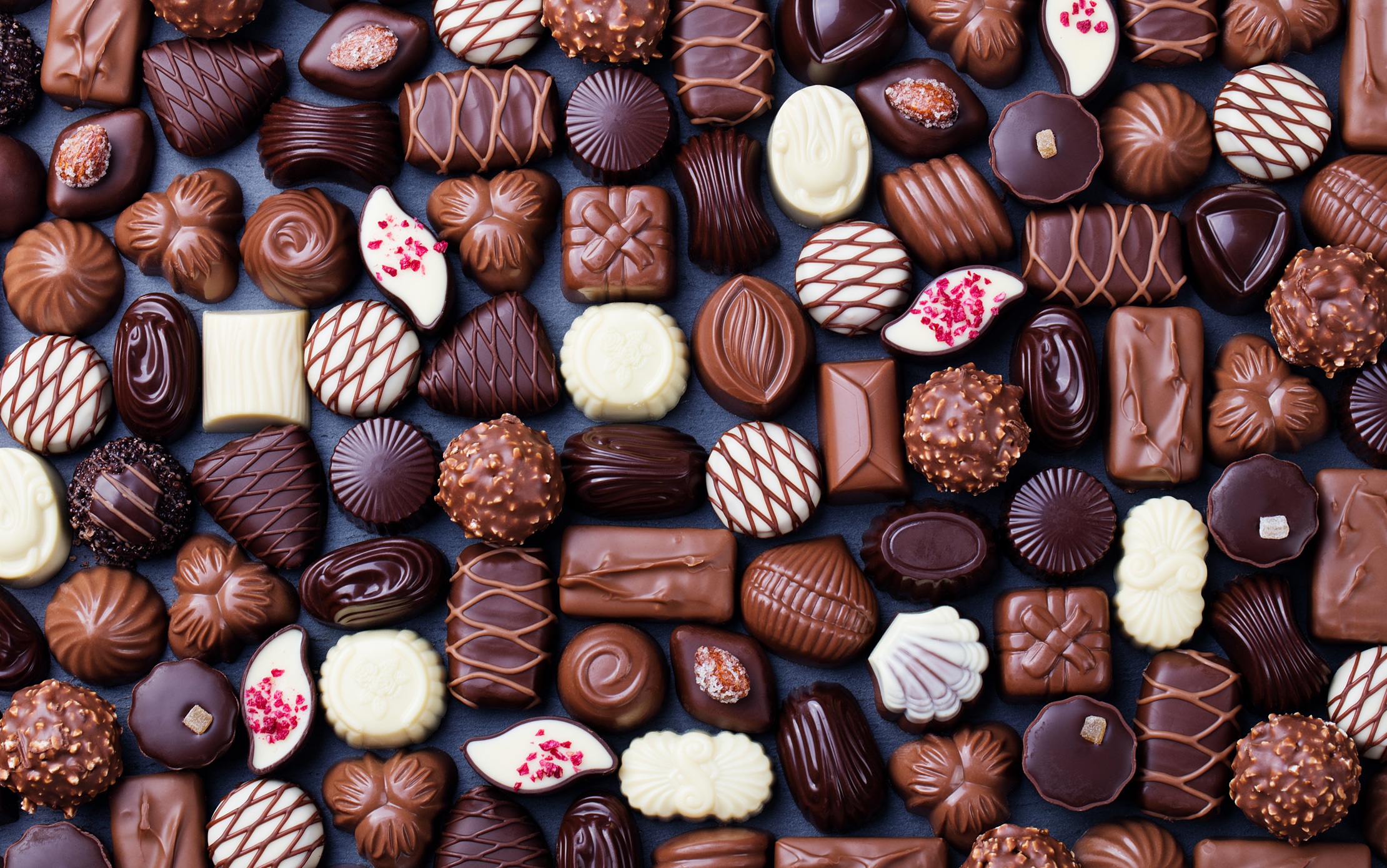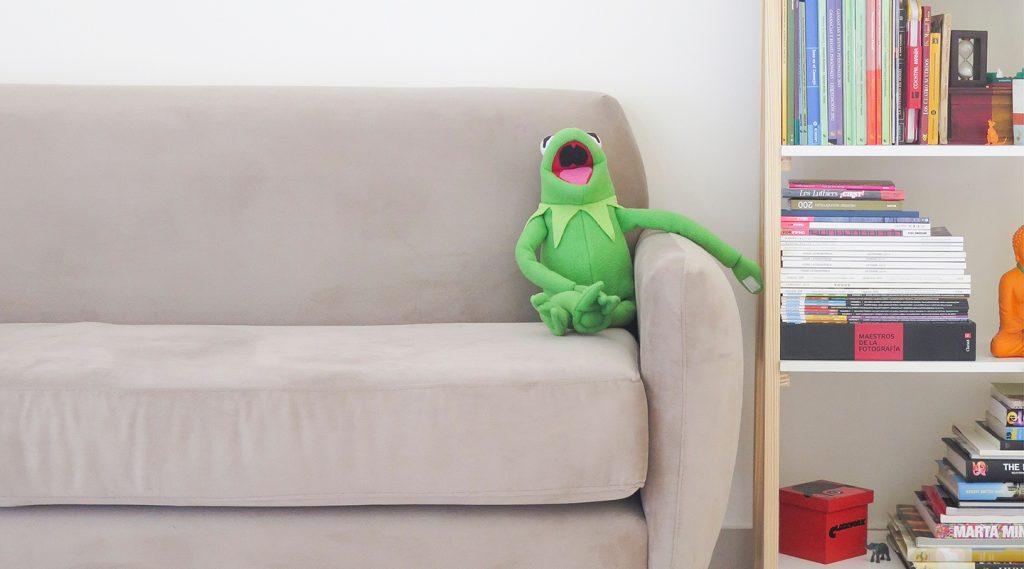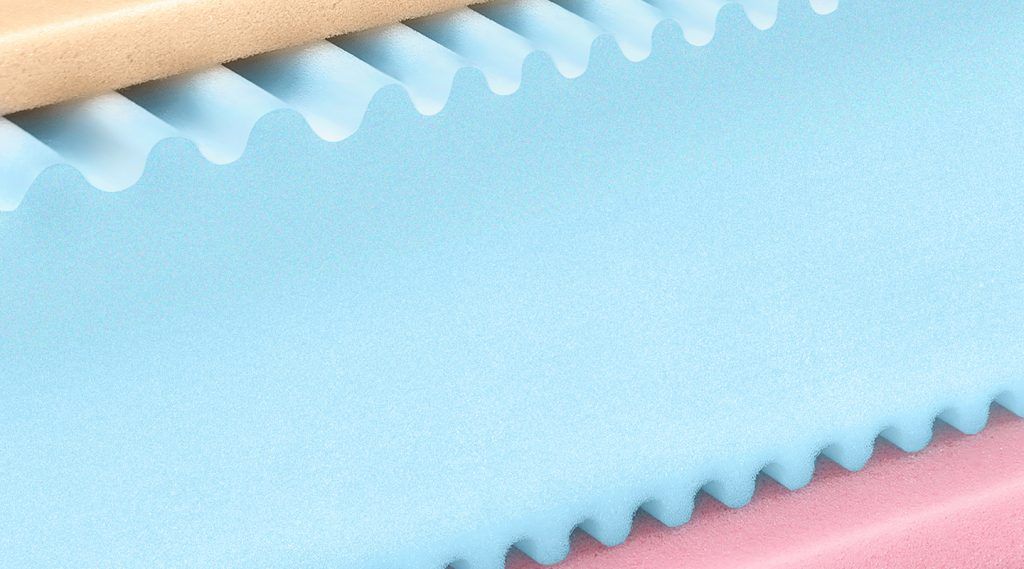Easter weekend is just around the corner! Do you know what rhymes with Easter weekend? Chocolate bunnies, candy eggs, chocolate eggs etc. in other words, sugar sugar and more sugar! Don’t worry, this article is not going to be a sugar/witch hunt. We acknowledge that sugar is an essential ingredient of any diet: carbohydrates “also known as saccharides or carbs, are sugars or starches. They are a major food source and a key form of energy for most organisms.” Unfortunately, when we talk about a sugar rush, we usually refer to the real witches: processed and refined sugar found in sodas, candies, cookies and cakes. These can bring harmful symptoms of a sugar rush that will directly affect your sleep.
The chocolate bunny rush
Did you know that eating chocolate at night could potentially keep you awake? You probably already know about it but chocolate contains caffeine and caffeine (which has been called the most popular drug in the world, by the way) is a stimulant: it “enters the bloodstream through the stomach and small intestine and can have a stimulating effect as soon as 15 minutes after it is consumed”. It easily causes sleep disturbance or insomnia in some cases. You should definitely avoid any source of caffeine, including this tempting chocolate bunny close to bedtime, otherwise you’ll be counting sheep for the rest of the night.
The jelly beans rush
Wikipedia describes a jelly bean as a “small bean-shaped sugar candies with soft candy shells and thick gel interiors”. This description should make you drool with envy… Just looking at their bright, colorful and tasty colors, is an invitation to eat them all! However, have you ever consider looking at the ingredients and nutrition facts of your favorite Easter candies yet? Well it’s easy, they are primarily made of sugar. These types of processed sugar/carbs can screw with your sleep : they can “delay your body’s release of melatonin, a hormone that controls your sleep-wake cycle and helps you slide into deeper, higher-quality sleep” as explains a recent Columbia University study from Marie-Pierre St-Onge, Ph.D.
Every day, the average American consumes 23 teaspoons of added sugar.
While sleep can affect your blood sugar levels, your blood glucose control can also affect your sleep. It’s a vicious cycle and you must tackle this problem seriously. I’m sure that you’re going to say: But it’s Easter! Therefore, our final advice would be: do not restrict yourself too much but eat your Easter treats with moderation and you should avoid sleeping crash for the rest of the weekend.
Happy Easter and good night to everybunny!



